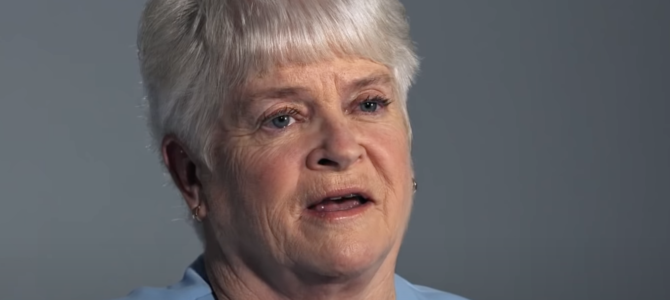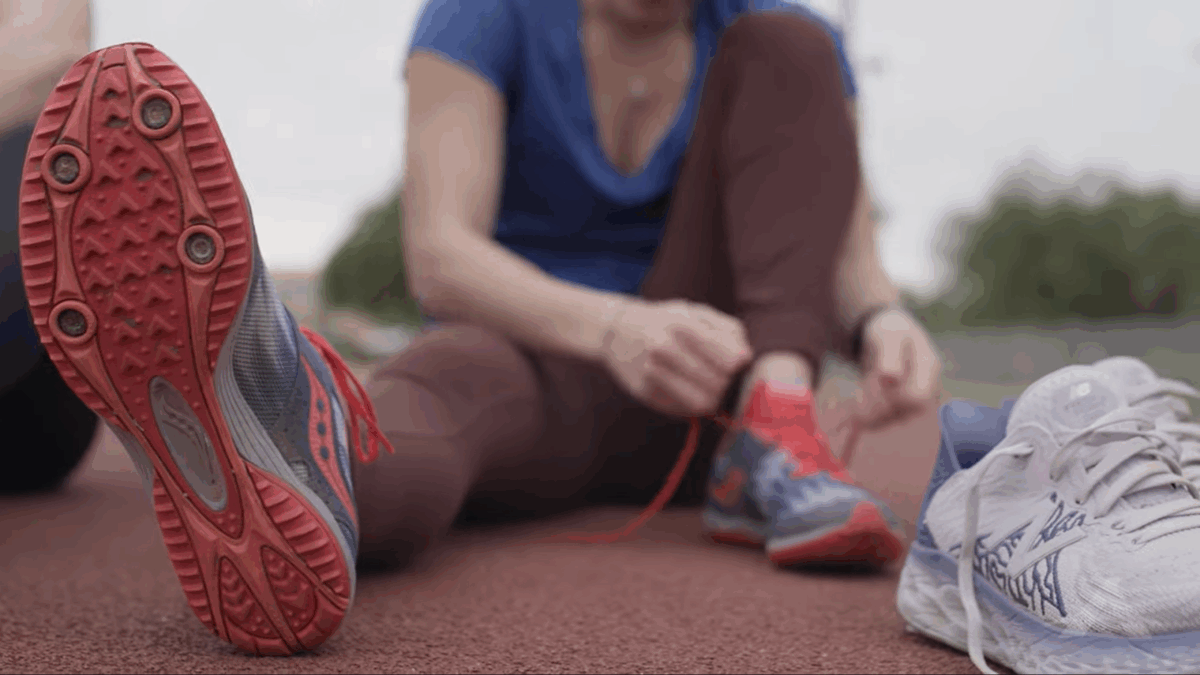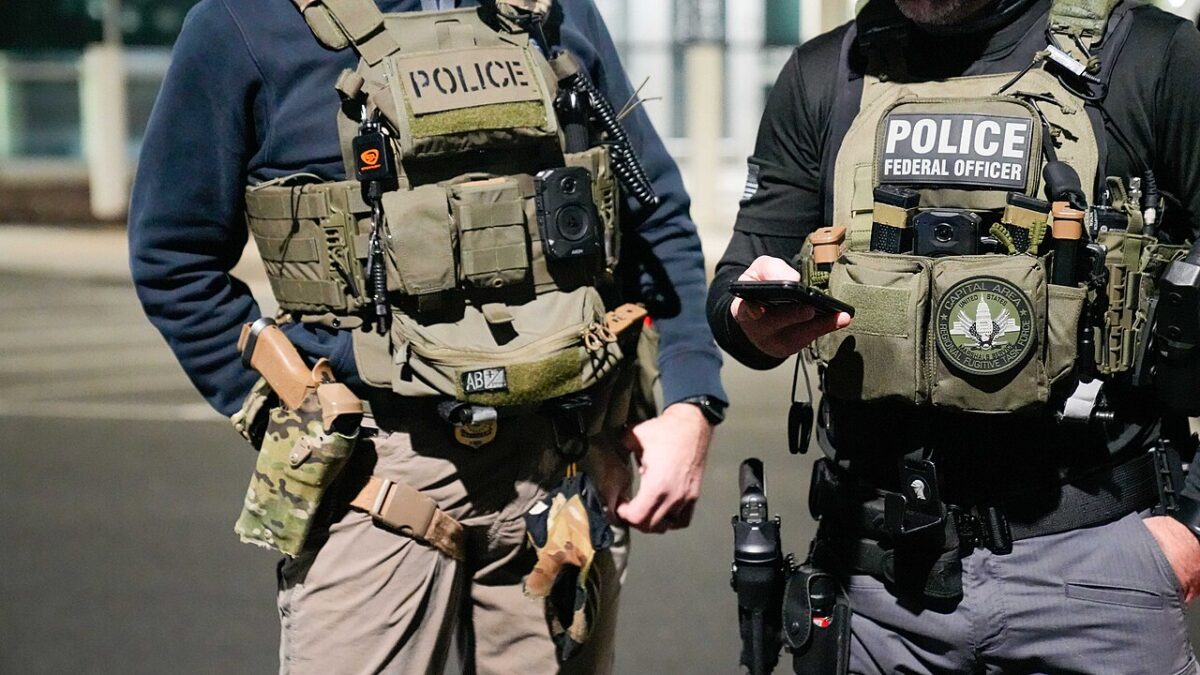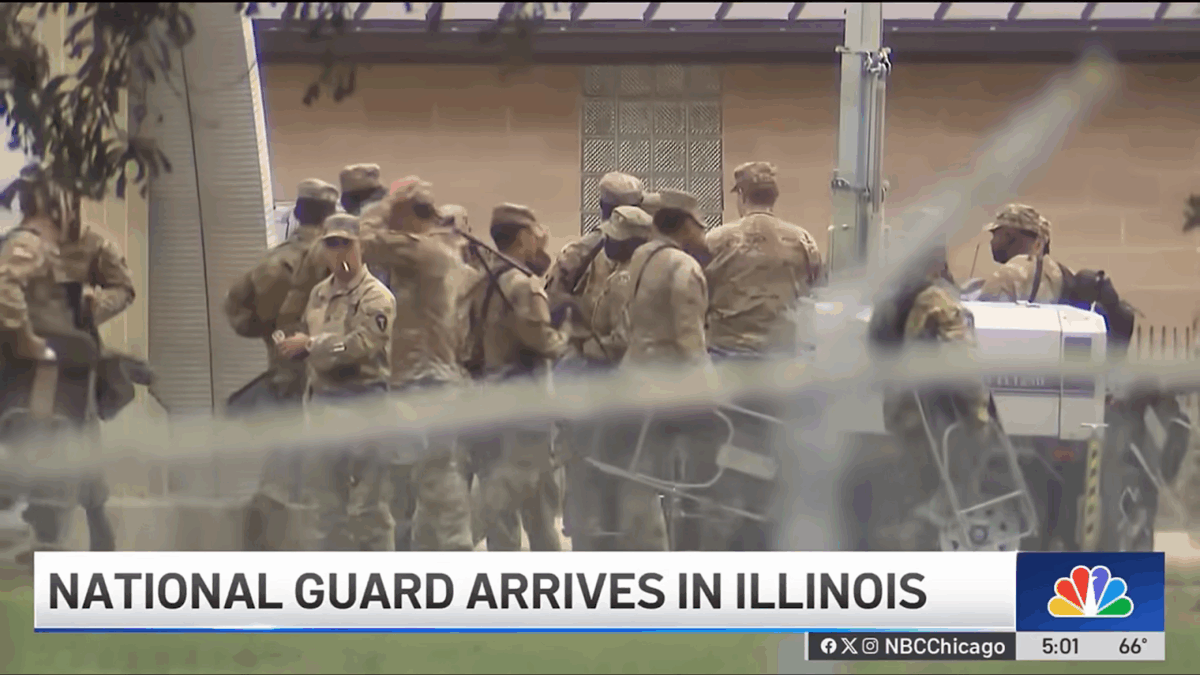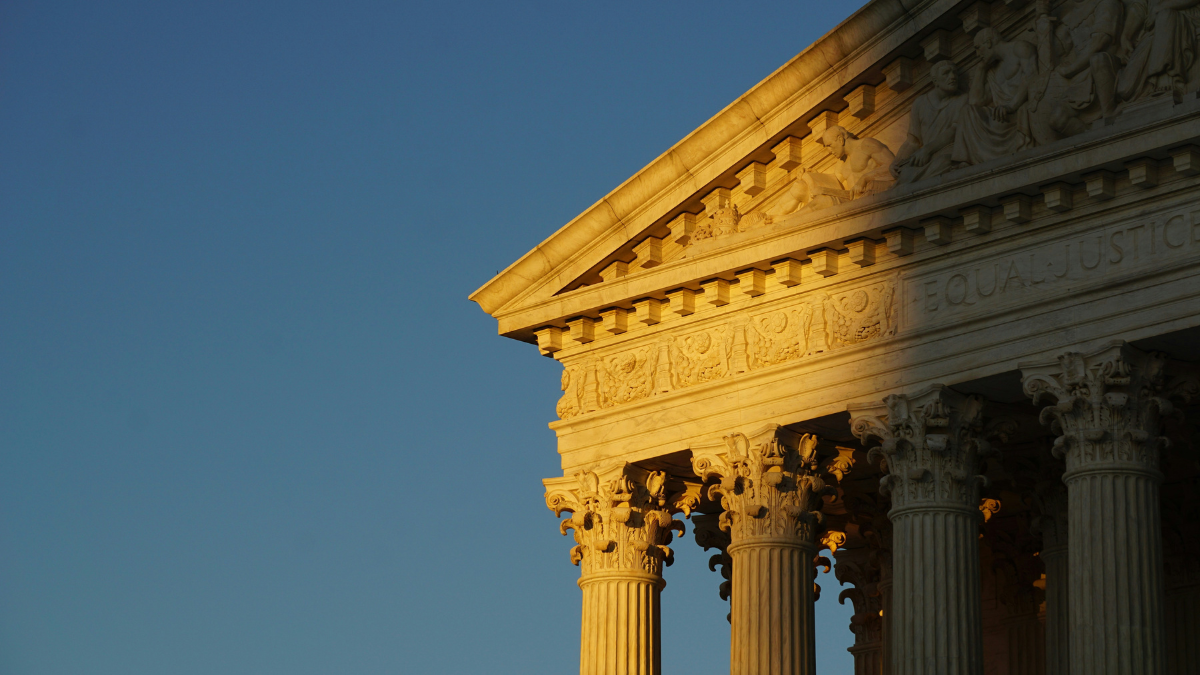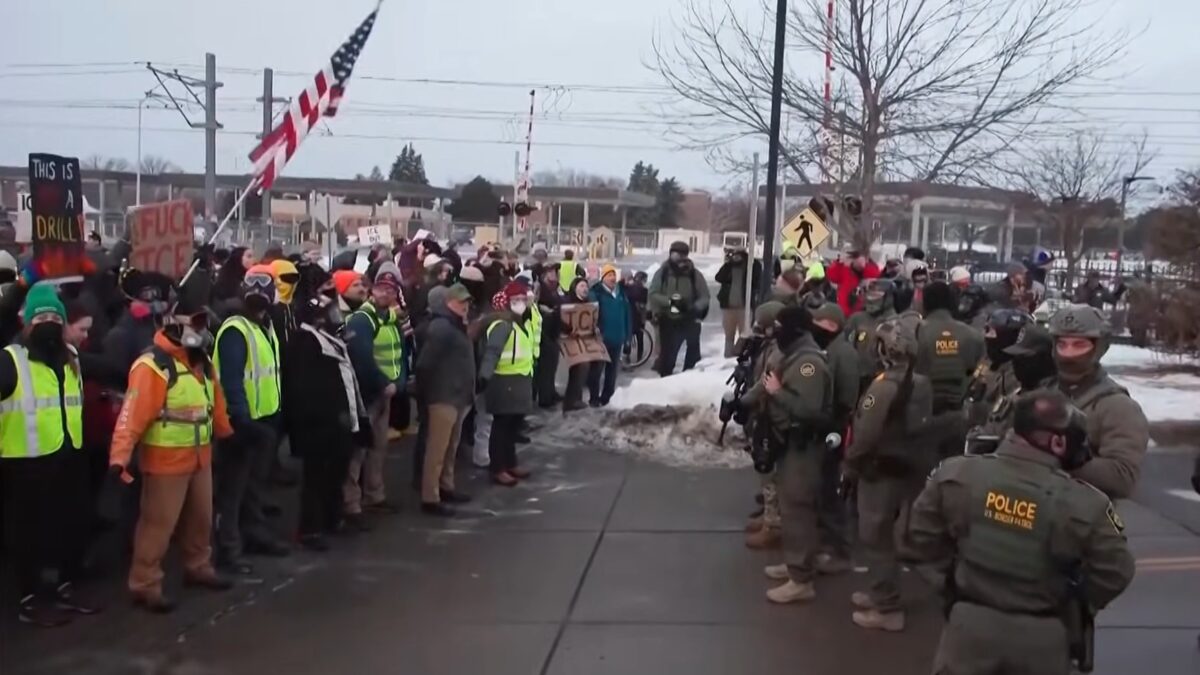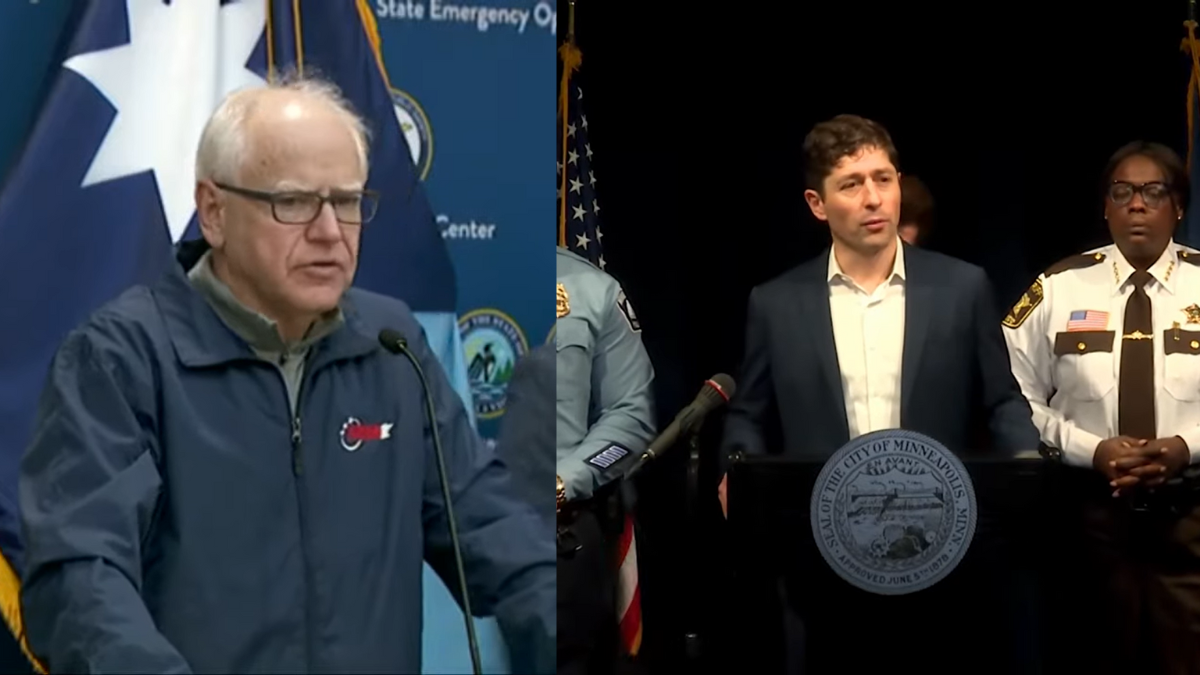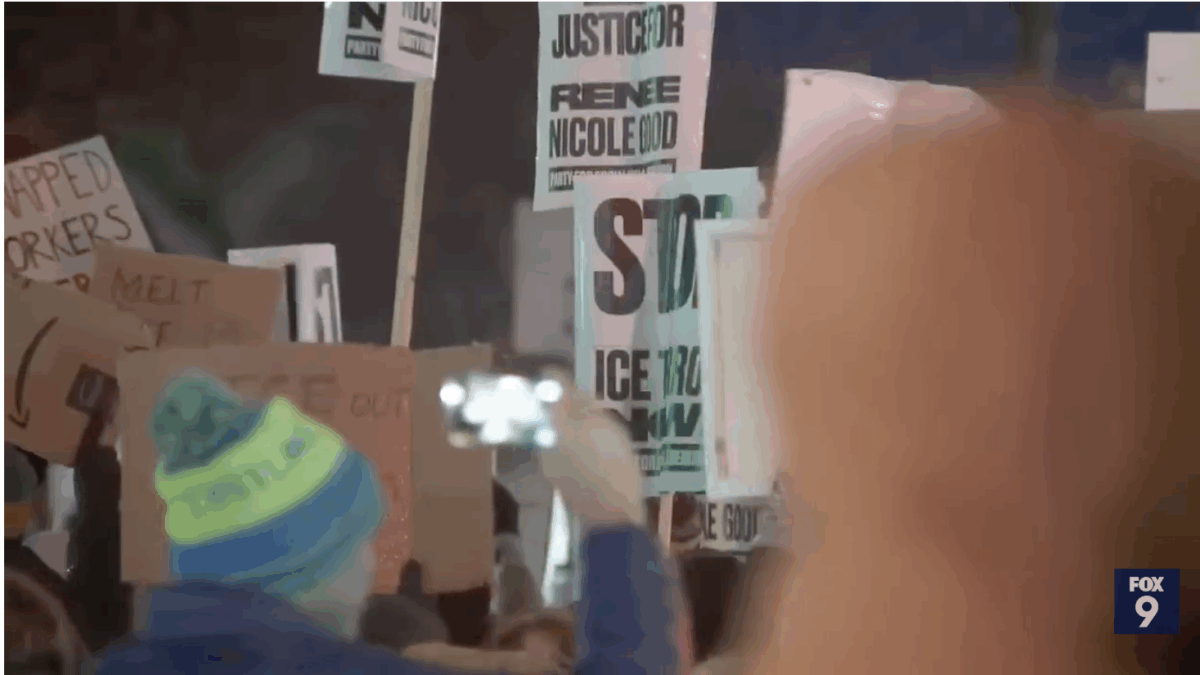The U.S. Supreme Court declined on Friday to hear a case from a Christian florist challenging Washington state law which forced her to provide her services for same-sex weddings.
Justices Clarence Thomas, Thomas Alito, and Neil Gorsuch declared their willingness to hear the case but other conservative-leaning Justices such as Brett Kavanaugh and Amy Coney Barrett did not join the vote putting the case below the threshold necessary for a ruling.
That case is Arlene's Flowers v. Washington. Justices Thomas, Alito & Gorsuch indicate that they voted to hear the case. Because it takes four votes to hear a case, that means the other six justices chose not to take it up.
— SCOTUSblog (@SCOTUSblog) July 2, 2021
Washington state and the American Civil Liberties Union first sued florist Barronelle Stutzman of Arlene’s Flowers in Richland, Washington in 2013 for refusing to design flower arrangements for a gay couple’s wedding because of her faith-based objections.
The florist served gay customers Curt Freed and Robert Ingersoll for “nearly 10 years” but when she drew the line at supplying flowers for their wedding ceremony, the Washington attorney general banned Stutzman from “discriminating” against gay couples. The Washington Supreme Court upheld the ban, even after SCOTUS asked the state’s court to keep the landmark Masterpiece Cakeshop ruling into account.
Alliance Defending Freedom General Counsel Kristen Waggoner called the outcome “tragic” in a statement.
“No one should be forced to express a message or celebrate an event they disagree with. A government that can crush someone like Barronelle, who kindly served her gay customer for nearly a decade but simply declined to create art celebrating one sacred ceremony, can use its power to crush any of us regardless of our political ideology or views on important issues like marriage,” Waggoner said.
“Thankfully, other courts have recognized that the Constitution does not allow this,” she added.
Waggoner cited the Arizona Supreme Court and the 8th Circuit rulings that have declared the “government cannot force creative professionals to create artistic expression that violates their religious beliefs.”
“We are confident that the Supreme Court will eventually join those courts in affirming the constitutionally protected freedom of creative professionals to live and work consistently with their most deeply held beliefs,” Waggoner concluded.
The high court previously held in a 7-2 ruling that Masterpiece Cakeshop artist Jack Phillips was allowed to deny his services to a homosexual couple for their wedding. While the court overwhelmingly chose to validate Phillips, the justices declined to make a broad statement about discrimination in the name of religious liberty and merely applied their ruling to the specific case.
Phillips is now involved in yet another appeal after he was fined by Colorado for refusing to design a cake celebrating a transgender person’s gender “transition.”
